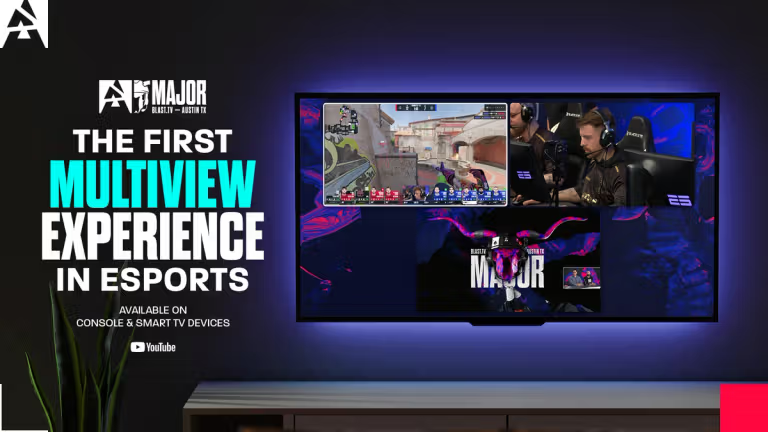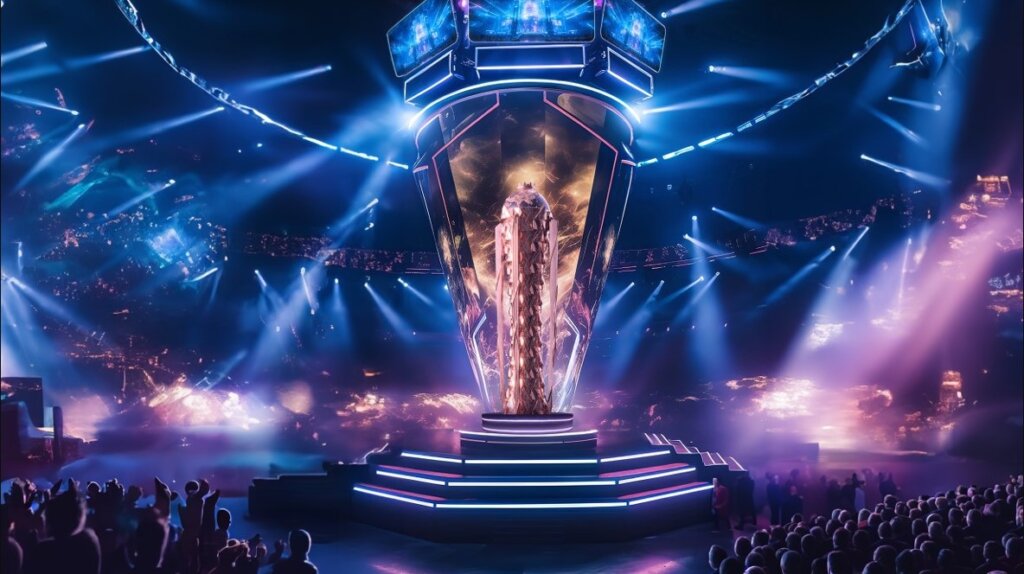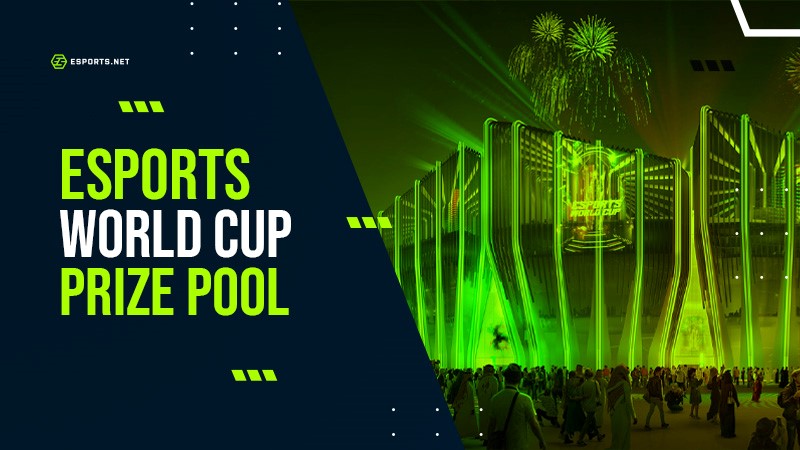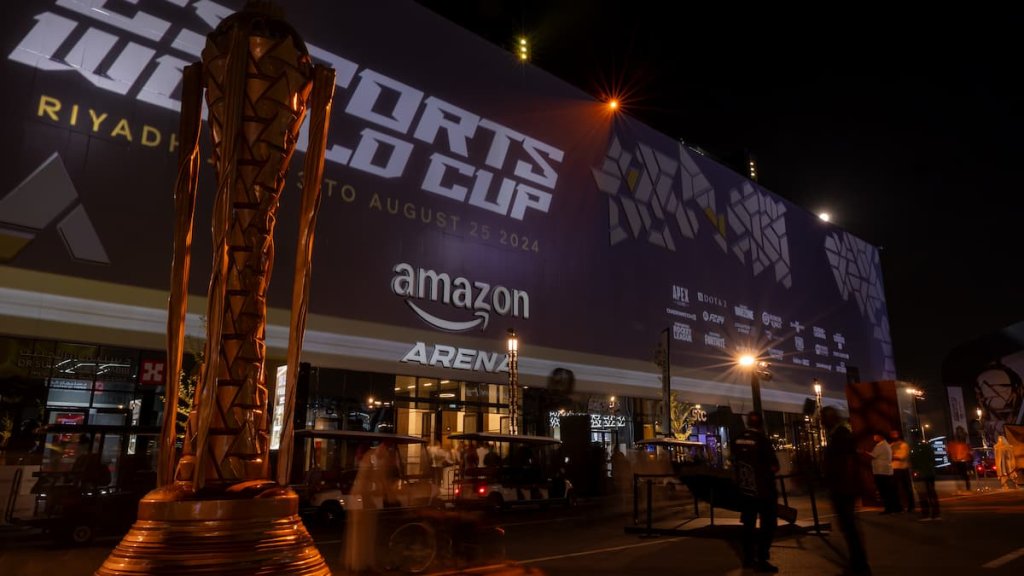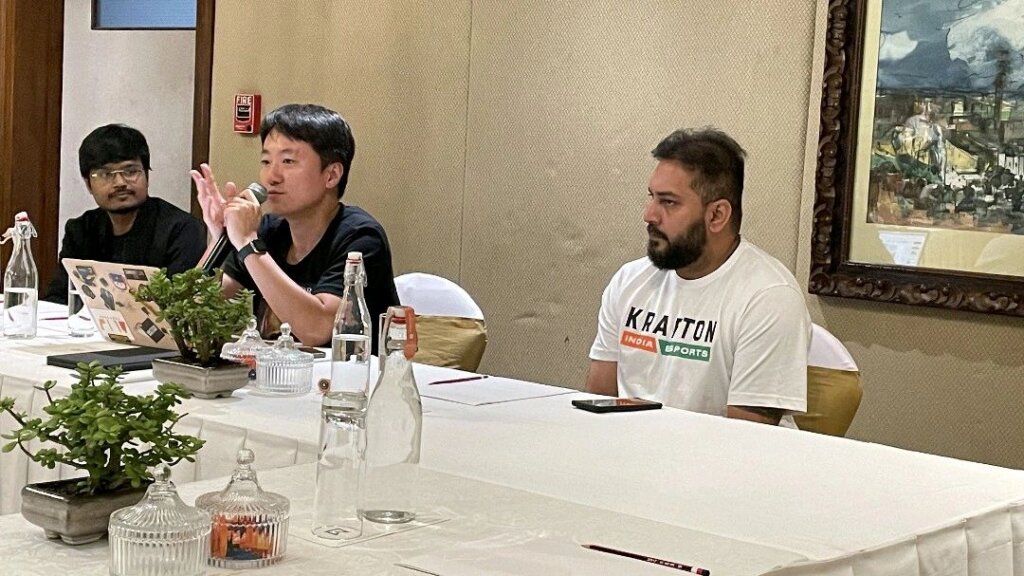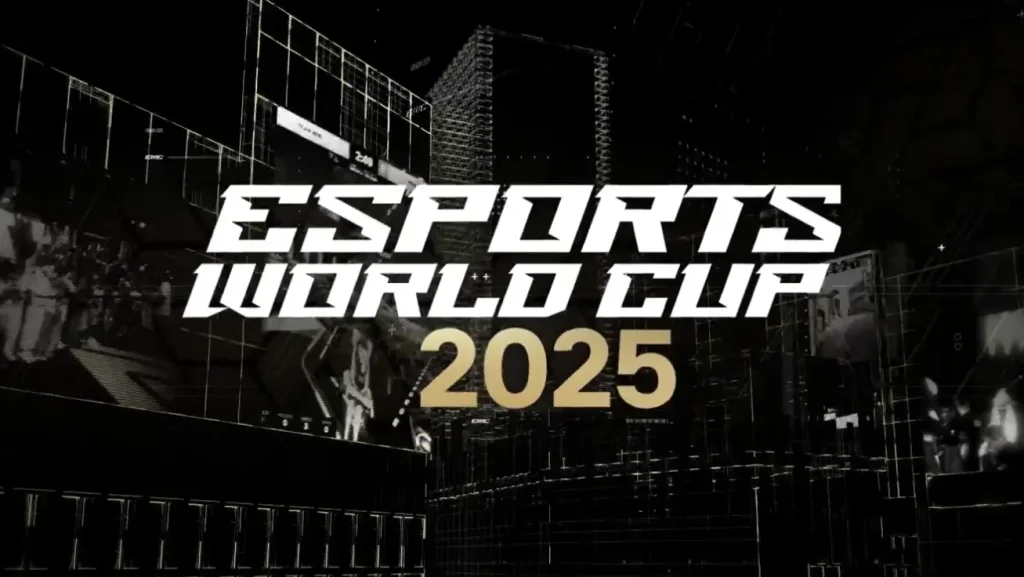
The fight for esports to achieve official recognition in Argentina
Argentina’s professional esports players have taken a few steps closer to becoming officially recognised as athletes. The moves made by the Argentinian Esports Association (AADE) could help the nation’s pro gamers gain plenty in terms of protection and funding. It would also mark Argentina as being the first nation in Latin America to legally recognise esports players as being athletes.
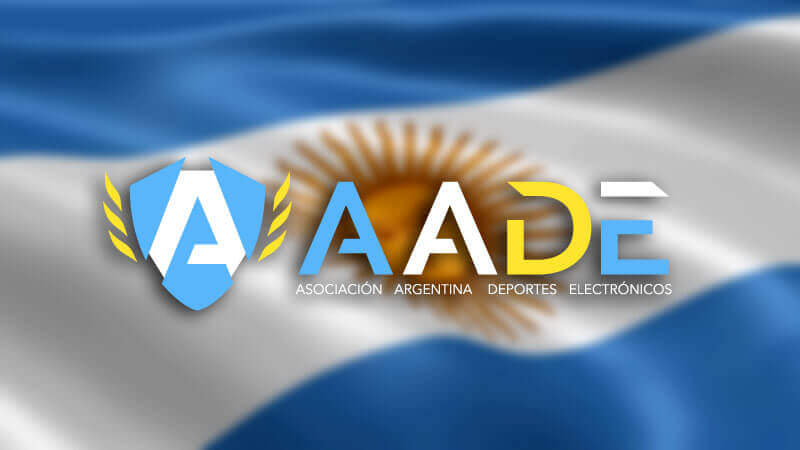
© AADE
The AADE’s ambitious plan has already overcome many obstacles since its inception in 2014, and it still faces considerable opposition from the more conservative elements in the nation’s ruling bodies. In addition to this, there are similar gaming organisations such as the Argentinian Association of Esports and Video Games (DEVA) who have questioned the legitimacy of AADE’s bill and even the organisation itself. So could there be a break in the deadlock to help Argentina become a new Latin American gaming hotspot?
Key points of the AADE esports bill
The AADE is a non-profit organisation that has been set up to help Argentina’s gamers get the same level of legal recognition as that of traditional athletes in the country. This would mean that each professional esports player would receive certain rights before the law, and esports would then be included in the National Sports System and would not be considered to be gambling.
By achieving official recognition, Argentina’s gamers and esports associations would gain benefits currently enjoyed by the nation’s traditional sporting organisations. This means that it could be easier to receive the funding necessary to improve Argentina’s fledgling esports infrastructure. Whilst nations in the US and China have received plenty of help in creating esports arenas and training facilities, in Latin America, gamers have much less to work with.
But the AADE has been committed to regulate esports in the nation by working on a new bill since 2017. This would ensure that esports gets full recognition as a sport, and also receives an appropriate level of promotion to help Argentina’s gamers compete on a global stage. In addition to this, the bill also contains ambitious plans to develop interstate leagues across the nation that could see esports tournaments being implemented in colleges and high schools.
What obstacles does the Argentinian esports bill face?
Whilst the Argentine government seemed initially willing to consider the AADE’s proposals, it seems that there are plenty of obstacles to overcome. In particular, it’s the terminology of some of the project’s articles that have caused plenty of consternation.
Violent first-person games seem to be causing the greatest amount of controversy with titles that show images of ‘fury, aggression or cruelty’ being deemed as unacceptable. This would mean that iconic esports like Counter Strike Global Offensive might have big issues in getting past the legislation.
But it doesn’t stop there, as it seems that any first-person shooter, fighting game or even MOBA title wouldn’t pass the test. Despite games like Overwatch and League of Legends being amongst the biggest esports in the world, it seems that the Argentinian esports legislation would only permit collectible card games, sports simulators, and real-time strategy titles as being acceptable.
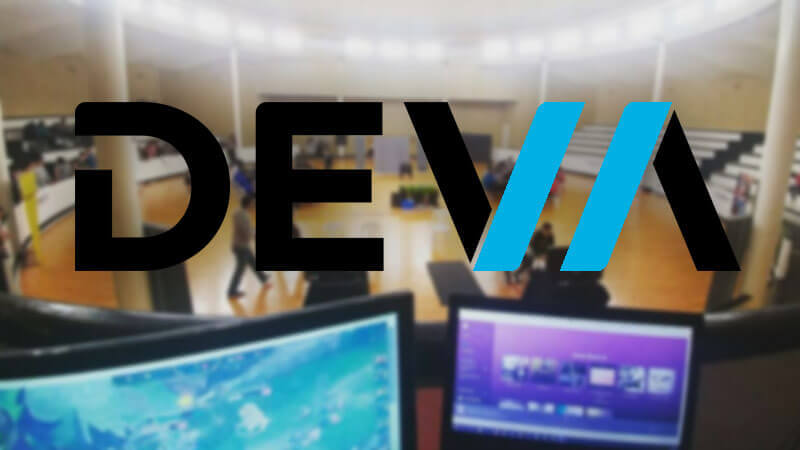
© DEVA
There’s plenty of irony in this with traditional sports like boxing allowing competitors to actually physically harm each other in the real world. But when rival gaming organisations like DEVA step up to question the basic legitimacy of the AADE, it seems that there is plenty of work to be done. DEVA have stated that the bill ‘requires a debate by all the protagonists’ in the esports scene, as there is a widely held viewpoint that the motion was poorly researched.
Could Argentina become an esports superpower?
Whilst Argentina might be better known for its footballing superstars, there’s enough gaming talent in the country to take on the world. Gamers like Nicolas99FC have proven to be capable of delivering the goods on FIFA 18, whilst PNC has become one of the most feared Hearthstone players around. Whether it’s Fix displaying a League of Legends gaming masterclass, or nbl proving his CSGO prowess, it’s evident that Argentina’s gamers can easily compete on the global stage.
Despite the obvious potential of Argentina’s gamers, it’s clear that the race is on to stop them falling behind in Latin America’s fiercely competitive esports scene. You only have to look across the border into Brazil to see how legendary CSGO stars like FalleN and coldzera have managed to transform the international gaming realm.
As a result, it’s hoped that the AADE can iron out some of the more troubling terminology in their proposed bill. By doing this, they should be able to ensure that the nation’s gamers get plenty of protection in regards to their contracts, but also it should mean that Argentina can achieve its true potential on the global gaming stage.
